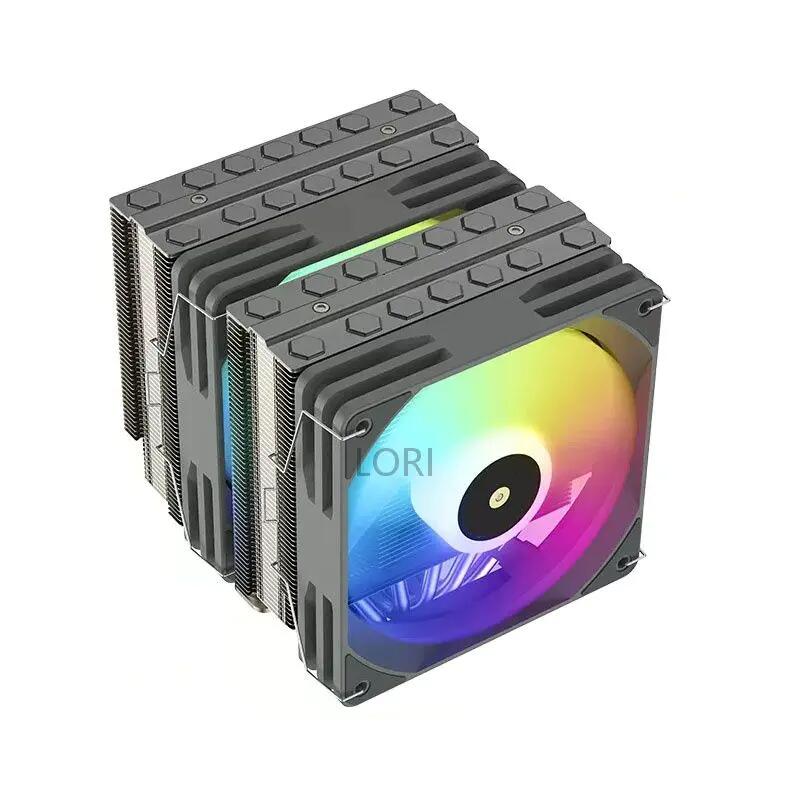BETTER TOUCH BETTER BUSINESS
Contact Sales at Lori.
1. Heat dissipation principle
Water cooling uses a water cooler to cool CPU or graphics cards and other computer hardware. It uses a water pump to transfer the heat from the heat sink to the water tank, using the high specific heat of water to absorb the heat from the heat sink. Air cooling, on the other hand, uses a fan to quickly remove heat from the heat sink, keeping the hardware running normally.
2. Heat dissipation effect
Water cooling has better heat dissipation than air cooling. The high specific heat of water allows it to absorb more heat, and under the same heat dissipation conditions, water cooling can keep the CPU temperature at a lower level, enhancing the stability and performance of the computer. However, air cooling is sufficient in most cases, and if there is not much overclocking demand, air cooling can meet the needs of most users.
3. Noise
Compared to air cooling, water cooling has less noise. This is because the water cooling system isolates the noise generated by the fan and motor within the water cooler, and does not interfere with the user too much.
4. Cost
Compared to air cooling, water cooling has a higher cost. The water cooling system requires more equipment and components, such as water pumps, water pipes, and water tanks, and the costs of these components are relatively higher. On the other hand, air cooling systems are relatively simple and inexpensive.

Applicable scenarios:
1. Users with high performance requirements, such as gamers, filmmakers, and rendering professionals, can choose a water-cooling system to ensure that their computers are more stable.
2. Ordinary users, such as online shoppers, office workers, and casual players, can choose an air-cooling system to meet their daily needs. At the same time, air-cooling systems are easy to install and maintain, and have a lower cost.
Copyright © 2025 Shenzhen Lori Technology Co.,Ltd. | All Rights Reserved